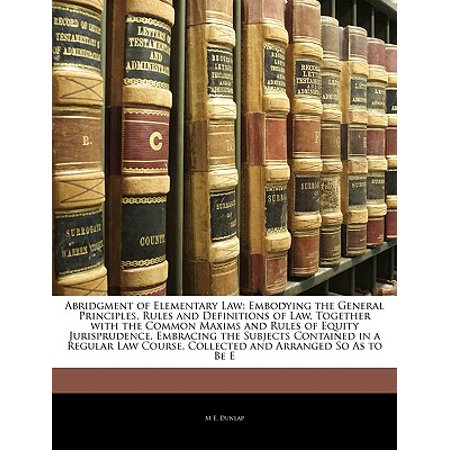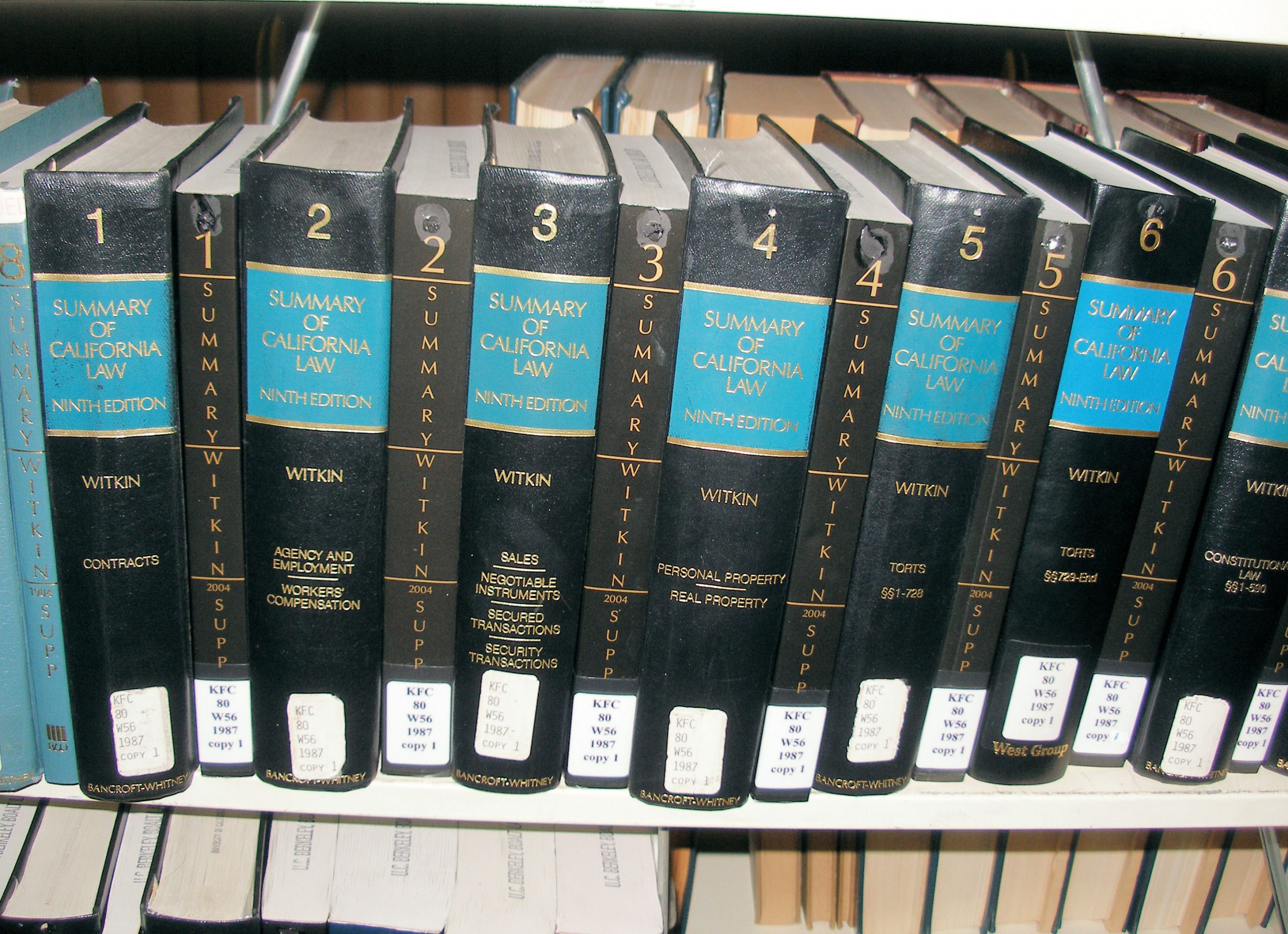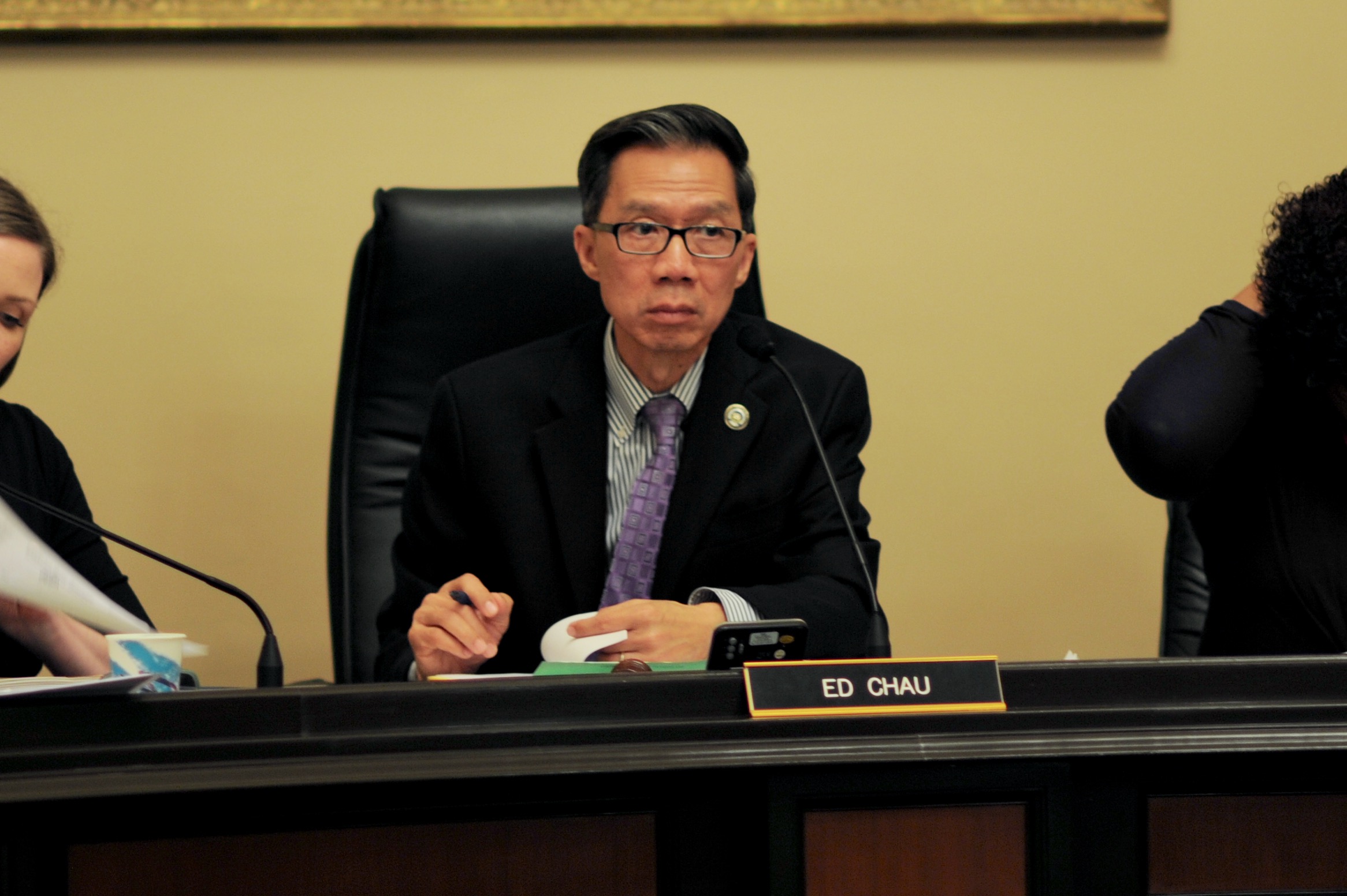
California Law and Its ‘Maxims of Jurisprudence’
Used to interpret the actions of people toward one another
By Chris Micheli, April 22, 2019 6:04 am
While California statutes do not provide general canons of statutory construction, readers can find in the California Civil Code “Maxims of Jurisprudence”. These maxims are set forth in Division 4, General Provisions, Part 4, of the Civil Code, contained in Sections 3509 – 3548.
So, what are these maxims? A “maxim” is generally defined as “a short, pithy statement expressing a general truth or rule of conduct.” As you can read below, these sections of the Civil Code indeed provide short statements that express a rule of jurisprudence, although some may be difficult to decipher.
Part 4 of the Civil Code, which was enacted in 1872, contains 38 code sections, each setting forth a short legal rule. While most were placed in statute in 1872, some of these maxims were added to the Code in 1965. In Civil Code Section 3509, we are told that “[t]he maxims of jurisprudence hereinafter set forth are intended not to qualify any of the foregoing provisions of this code, but to aid in their just application.” Hopefully, that is clear to all.
The following are the jurisprudential maxims and their associated code section, along with the year they were placed in the Civil Code, along with my pithy commentary:
- When the reason of a rule ceases, so should the rule itself. [1872] (Section 3510) There are probably quite a number of statutes that are no longer justified, but most still remain in code.
- Where the reason is the same, the rule should be the same. [1872] (Section 3511) That makes sense, I guess.
- One must not change his purpose to the injury of another. [1872] (Section 3512) A good rule to live by.
- Any one may waive the advantage of a law intended solely for his benefit. But a law established for a public reason cannot be contravened by a private agreement. [1872] (Section 3513) The courts have taken this approach so that, for example, a contract cannot waive a substantive right.
- One must so use his own rights as not to infringe upon the rights of another. [1872] (Section 3514) This is rooted in our personal liberties.
- He who consents to an act is not wronged by it. [1872] (Section 3515) Certainly an old adage because, in today’s society, anyone who is wronged thinks that he or she is entitled to recompense.
- Acquiescence in error takes away the right of objecting to it. [1872] (Section 3516) It depends on how the error was made, at least in my mind.
- No one can take advantage of his own wrong. [1872] (Section 3517) One should not profit from his or her own wrongdoing.
- He who has fraudulently dispossessed himself of a thing may be treated as if he still had possession. [1872] (Section 3518) Stolen property should be returned to its rightful and lawful owner.
- He who can and does not forbid that which is done on his behalf, is deemed to have bidden it. [1872] (Section 3519) You cannot disclaim responsibility for an act performed on your behalf.
- No one should suffer by the act of another. [1872] (Section 3520) The basis for our state tort system.
- He who takes the benefit must bear the burden. [1872] (Section 3521) You have to take the bad with the good.
- One who grants a thing is presumed to grant also whatever is essential to its use. [1872] (Section 3522) You have to turn over the whole thing, but just part of it.
- For every wrong there is a remedy. [1872] (Section 3523) Another basis for our state’s tort system, but that doesn’t make it the right approach.
- Between those who are equally in the right, or equally in the wrong, the law does not interpose. [1872] (Section 3524) “Splitting the baby”?
- Between rights otherwise equal, the earliest is preferred. [1872] (Section 3525) If you have to take sides between two equal rights, I guess that makes sense.
- No man is responsible for that which no man can control. [1872] (Section 3526) Too bad this rule doesn’t play a greater role in today’s society.
- The law helps the vigilant, before those who sleep on their rights. [1872] (Section 3527) Exercise your right, or else it may be lost forever.
- The law respects form less than substance. [1872] (Section 3528) In theory, that is right; in practice, not always.
- That which ought to have been done is to be regarded as done, in favor of him to whom, and against him from whom, performance is due. [1872] (Section 3529) Guidance for the performance of contracts.
- That which does not appear to exist is to be regarded as if it did not exist. [1872] (Section 3530) Sounds like something from outer space.
- The law never requires impossibilities. [1872] (Section 3531) Maybe not required, but sometimes expected.
- The law neither does nor requires idle acts. [1872] (Section 3532) I think that’s true.
- The law disregards trifles. [1872] (Section 3533) Most of the time, but not always.
- Particular expressions qualify those which are general. [1872] (Section 3534) This is as close to a canon of statutory construction as we’re going to get from 146 years ago.
- Contemporaneous exposition is in general the best. [1872] (Section 3535) The most recent expression of legislative intent should carry the most weight.
- The greater contains the less. [1872] (Section 3536) The whole captures the part.
- Superfluity does not vitiate. [1872] (Section 3537) Sometimes in the law an overabundance does, in fact, spoil or impair the quality of the law.
- That is certain which can be made certain. [1872] (Section 3538) OK
- Time does not confirm a void act. [1872] (Section 3539) Something is void ab initio (from the beginning).
- The incident follows the principal, and not the principal the incident. [1872] (Section 3540) General statements come first and specific ones follow?
- An interpretation which gives effect is preferred to one which makes void. [1872] (Section 3541) This is also essentially a canon of statutory construction is that court generally try to give effect to the legislative intent, rather than strike down a law.
- Interpretation must be reasonable. [1872] (Section 3542) Everything in life should be reasonable, including how courts interpret statutes.
- Where one of two innocent persons must suffer by the act of a third, he, by whose negligence it happened, must be the sufferer. [1872] (Section 3543) So long as the suffering was proximately caused by the act of the third party.
- Private transactions are fair and regular. [1965] (Section 3545) Not always. Maybe that’s why we have the courts to decide disputes that don’t seem fair or regular to one party?
- Things happen according to the ordinary course of nature and the ordinary habits of life. [1965] (Section 3546) S__ happens? Tell that to the plaintiff’s bar.
- A thing continues to exist as long as is usual with things of that nature. [1965] (Section 3547) Are they talking about laws or electronic devices?
- The law has been obeyed. [1965] (Section 3548) Not always. If not, that’s why we have the judicial branch of state government.
- Exemptions from Tax Withholding in California - July 23, 2024
- General Provisions of California’s Evidence Code - July 22, 2024
- Judicial Notice Under the California Evidence Code - July 21, 2024





In his comment on Civil Section 3524 Prof. Micelli refers to “splitting the baby” as if that’s a wise solution to the division of property. The problem is that if you split the baby, the baby dies.
I assure you that Solomon had no intention of splitting the baby. Had the two women agreed to split the baby, he would have had each of them split instead.